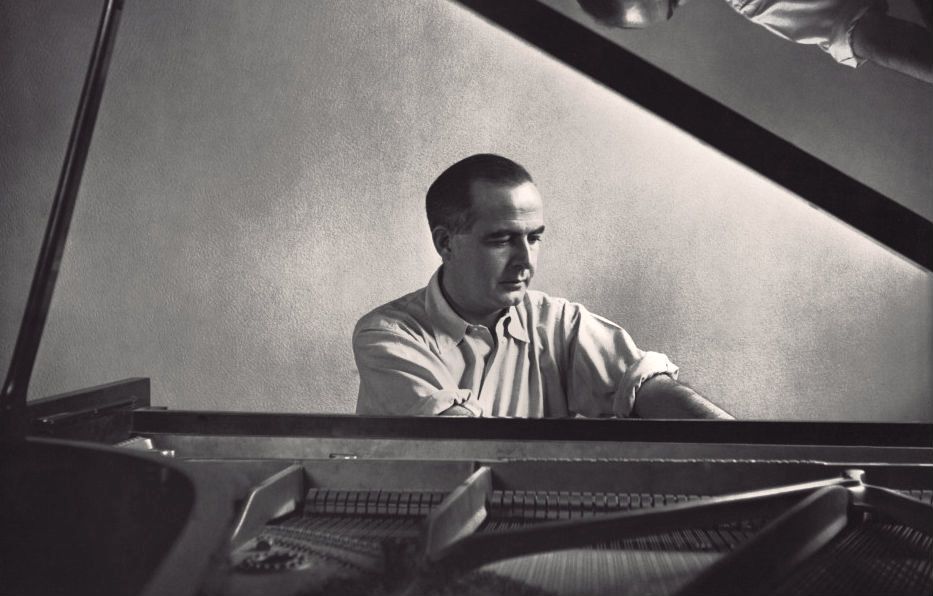Samuel Barber, one of America’s most celebrated composers, left an indelible mark on classical music with his emotive compositions and distinctive style. Here are ten fascinating facts about this musical luminary:
- Early Prodigy: Born on March 9, 1910, in West Chester, Pennsylvania, Barber showed remarkable musical talent from a young age. He began composing at the age of seven and gave his first public performance at the age of nine.
- Curtis Institute of Music: Barber studied at the prestigious Curtis Institute of Music in Philadelphia, where he was a standout student. His exceptional abilities caught the attention of renowned composer and teacher Rosario Scalero, who became his mentor.
- Pulitzer Prize Winner: In 1963, Barber received the Pulitzer Prize for Music for his Piano Concerto, cementing his status as one of the foremost composers of his time. The concerto remains a beloved and frequently performed work in the classical repertoire.
- Adagio for Strings: Perhaps Barber’s most famous composition, the “Adagio for Strings,” is an emotionally charged piece that has captivated audiences worldwide. Originally the second movement of his String Quartet, Op. 11, Barber later arranged it for string orchestra, where its poignant melodies evoke a profound sense of longing and beauty.
- Acclaimed Operas: Barber composed several operas, including “Vanessa” and “Antony and Cleopatra.” “Vanessa,” which premiered in 1958, won the Pulitzer Prize for Music in 1958, making Barber the first composer to receive the award twice.
- A Musical Legacy: Barber’s influence extends beyond his own compositions. He taught composition at the Curtis Institute of Music, where his students included notable composers such as Leonard Bernstein and Ned Rorem, among others.
- Collaborations with Gian Carlo Menotti: Barber had a close professional and personal relationship with the Italian-American composer Gian Carlo Menotti. The two collaborated on several projects, including operas and vocal works, and shared a home in Mount Kisco, New York, for many years.
- Honorary Doctorates: Throughout his career, Barber received numerous accolades, including honorary doctorates from Harvard University, Princeton University, and other prestigious institutions. His contributions to American music were widely recognized and celebrated.
- International Recognition: Barber’s music has been performed by leading orchestras and ensembles around the world. His works, known for their lyrical melodies and emotional depth, continue to resonate with audiences of all ages and backgrounds.
- Enduring Legacy: Despite his passing in 1981, Barber’s music remains an integral part of the classical repertoire, cherished for its beauty, craftsmanship, and emotional resonance. His compositions continue to be performed and appreciated by musicians and audiences alike, ensuring that his legacy endures for generations to come.


Comments are closed